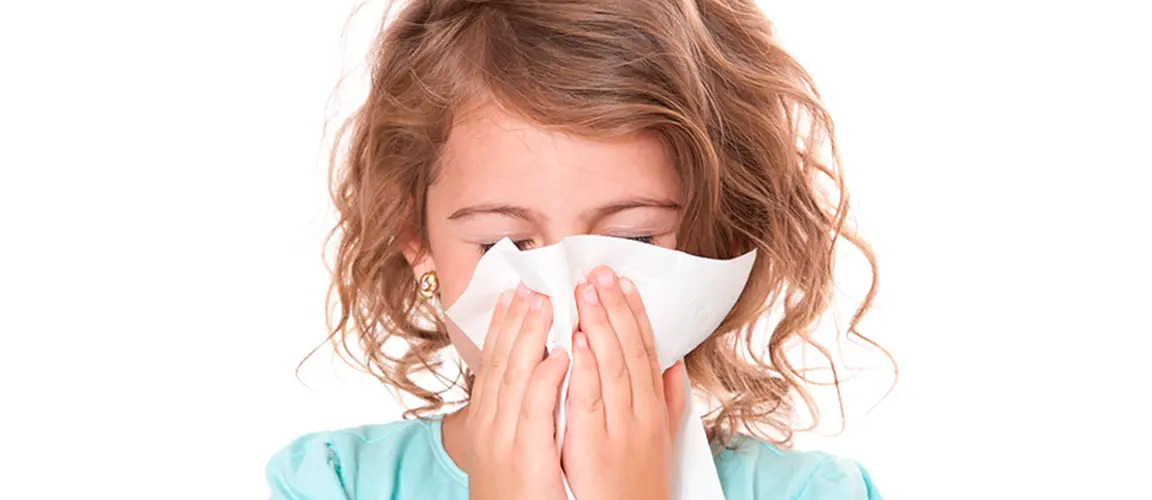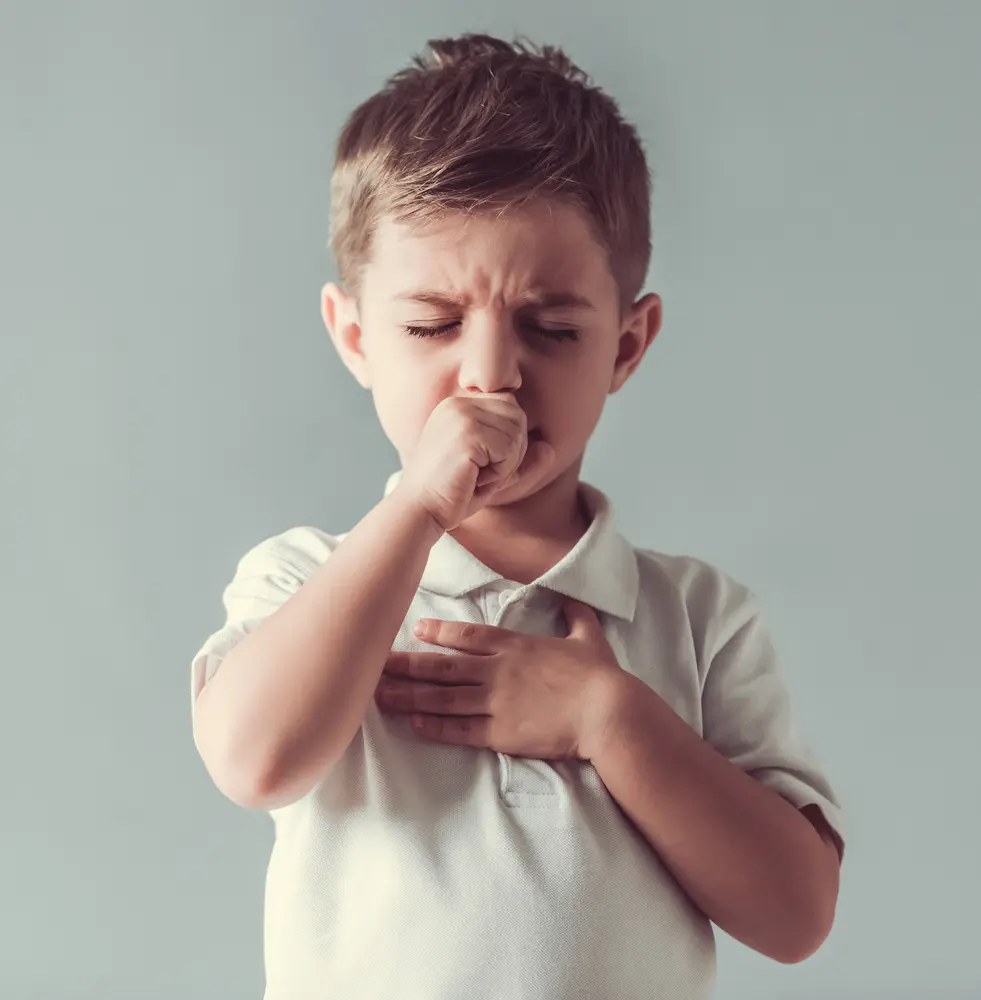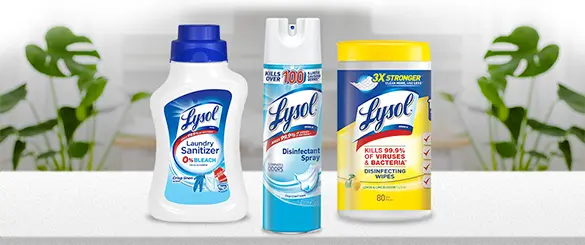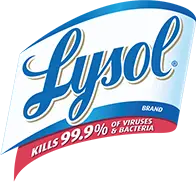- Runny nose
- Decrease in appetite
- Couching
- Sneezing
- Fever
- Wheezing
Other Illnesses
Understanding RSV- Respiratory Syncytial Virus
Especially during the winter months, you might hear about an illness known as Respiratory Syncytial Virus, or RSV. This virus is one of many that causes respiratory illness in the nose, throat and lungs.

This common and contagious respiratory virus often gets confused with the common cold because it causes mild, cold-like symptoms. While for many, RSV is not much more than a common cold, for infants and older adults, it can be serious. For older adults it can cause significant respiratory illness and for children younger than one, is the most common cause of bronchiolitis and pneumonia.
RSV symptoms, which usually appear in stages and not all at once, include:
People with RSV tend to show symptoms within 4 to 6 days after getting infected and generally, RSV infections go away on their own in a week or two. Utilize pain relievers and fever reducers to manage symptoms and be sure to drink plenty of fluids to prevent dehydration. There is no specific treatment for RSV but researchers are working to develop a vaccine.
RSV for Young Infants
RSV is very common among children and most children will have RSV before their second birthday. For most children, RSV causes cold-like symptoms, including cough and runny nose, but for a small percentage, it can lead to serious problems including pneumonia or bronchiolitis, an inflammation of the small airways of the lungs. One to two out of every 100 children under the age of 6 months with RSV might need to be hospitalized.
YOU SHOULD CALL YOUR DOCTOR IF YOU NOTICE ANY OF THE FOLLOWING SYMPTOMS:II
- A wheezing or high-pitched whistling noise when they breathe
- Trouble breathing or pauses in breaths
- A cough with gray, green or yellow mucus
- Being unusually upset or inactive
- Refusing to breastfeed or bottle-feed
- Dehydration: Lack of tears when crying, little to no urine after 6 hours, and cool, dry skin
- If your baby is very tired, breathes rapidly, or has a blue tint to their lips or fingernails, call 911 or go to the ER immediately.
How is RSV Transmitted:
Like many viruses, you can get infected with RSV from coming into contact with surfaces that have the virus and from the cough and sneeze droplets of something infected contacting your eyes, nose or mouth. Those who have the RSV virus are usually contagious for 3 to 8 days, though infants and those with weak immune systems can remain contagious for as long as 4 weeks, even after they have stopped showing symptoms.

HOW TO HELP PREVENT RSV:
To help prevent RSV, follow many of the same steps you use to help protect you and your family from Cold and Flu.
- Wash your hands often and for 20 seconds with soap and hot water.
- Cover your mouth and nose when coughing and sneezing with a tissue or your sleeve, not your hands.
- Avoid close contact, kissing, shaking hands, sharing cups or utensils with others.
- Disinfect contaminated and commonly used surfaces such as doorknobs, light switches, remotes. Both Lysol® Disinfectant Spray and Lysol® Disinfecting Wipes kill the Respiratory Syncytial Virus.
- Avoid close contact with sick people.
SOURCES:
1CDC – Respiratory Syncytial Virus Infection. https://www.cdc.gov/rsv/index.html
1HealthyChildren.org – RSV: When It’s More Than Just A Cold. https://www.healthychildren.org/English/health-issues/conditions/chest-lungs/Pages/RSV-When-Its-More-Than-Just-a-Cold.aspx
1WebMD – Respiratory Syncytial Virus (RSV) in Babies. https://www.webmd.com/lung/rsv-in-babies#1







